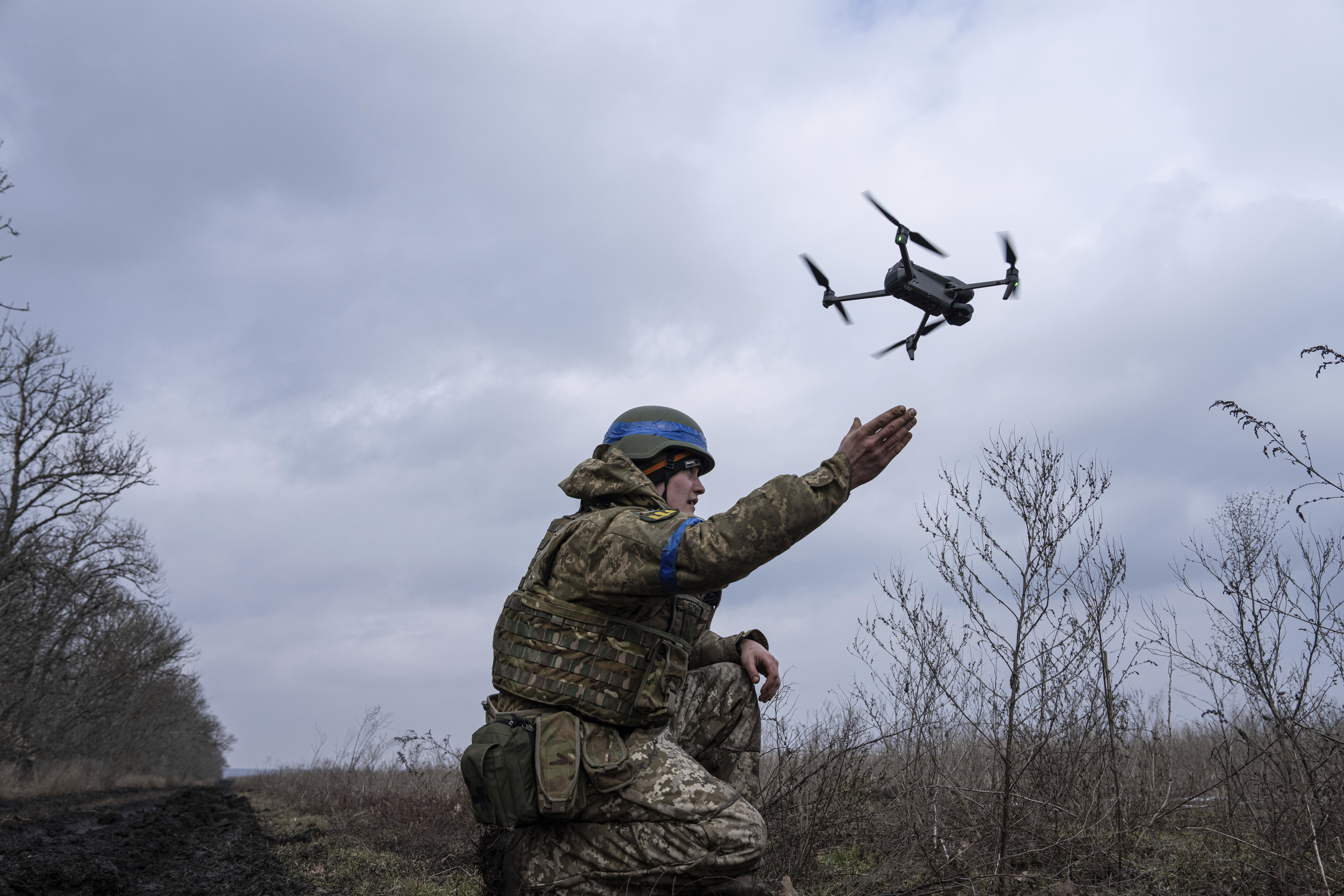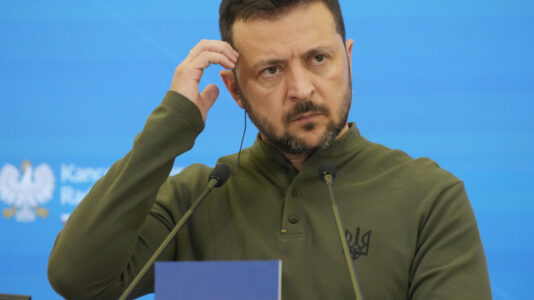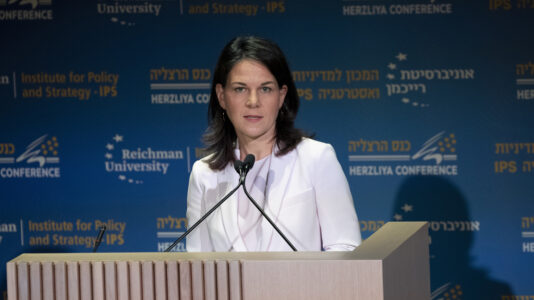The Ukrainian drone unit set up by ethnic Hungarian Róbert Bródi, aka “Magyar,” is doing such an excellent job in combat that they are now taking it to a new level, with plans to rapidly expand. To accomplish their lofty ambitions, they are looking for new recruits.
Róbert Bródi, a Hungarian entrepreneur from Ukraine, joined the Ukrainian Territorial Defense Forces shortly before the Russian offensive and was assigned to a command section. He was involved in the evacuation of civilians in Irpin during the attack on Kyiv, as well as in the fighting in Bucha and Borodyanka. He initiated the creation of an air reconnaissance drone fleet, known as the “Hungarian Madarai” after his code name “Magyar,” which was later incorporated into the 28th Mechanised Brigade, according to Hungarian news outlet InfoStart.
The drones are involved in five main reconnaissance missions: reconnaissance of enemy forces, patrolling the frontline, artillery reconnaissance, attacks with kamikaze drones, and occasionally attacking enemy soldiers with explosive devices dropped from above.
The special unit has been so successful that it will soon be expanded from a battalion to a regiment, reports military observer Yigal Levin on his Telegram channel. Róbert “Hungarian” Bródi says of the development that “this is the next stage in the unit’s development, we are announcing an unprecedented increase in recruitment.”
The ethnic Hungarian commander adds that the drone unit will not leave the front, but will continue to carry out its tasks in the designated area.
“Magyar” also announced the fields of expertise from which the 119 applicants are expected. He also announced his call for Ukrainians living abroad and invited technicians to the unit: scientists, manufacturers and developers.
Ukraine has focused on expanding its drone fleet operations, with analysts remarking that the conflict is showcasing a groundbreaking transformation in terms of how conflicts will be fought in the future, with cheap drones destroying expensive tanks and combat vehicles and leaving infantry exposed at nearly all hours of the day to attacks from the sky.
Military analysts predict that future wars will be fought primarily with drones, and drone operators will primarily conduct nearly all combat operations, with even AI eventually filling in for these operators. In other words, the wars of the future are going to get dystopian very quickly.






